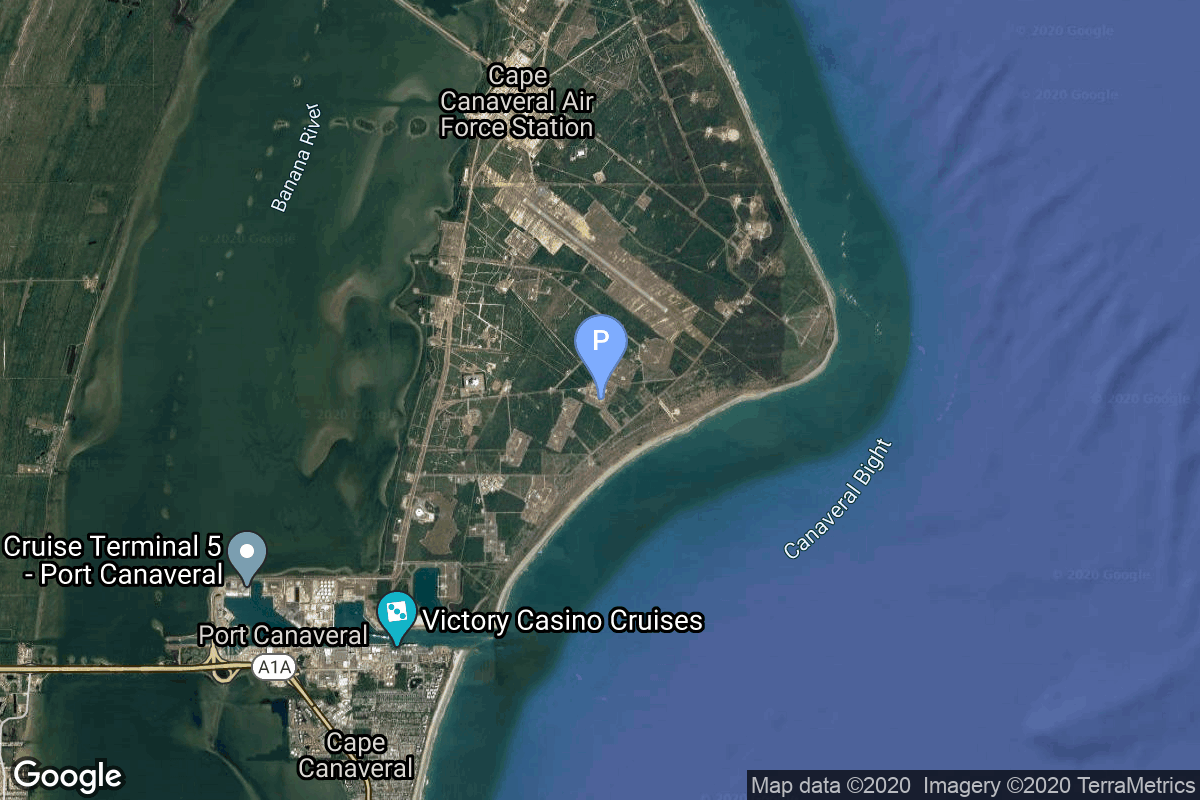Mars Polar Lander
Delta 7425-9.5
United States Air Force
Mission
Mars Polar Lander
- Type: Robotic Exploration
- Orbit: Heliocentric N/A
The Mars Polar Lander, also known as the Mars Surveyor ’98 Lander, was a 290-kilogram robotic spacecraft lander launched by NASA on January 3, 1999 to study the soil and climate of Planum Australe, a region near the south pole on Mars. It formed part of the Mars Surveyor ’98 mission. On December 3, 1999, however, after the descent phase was expected to be complete, the lander failed to reestablish communication with Earth. A post-mortem analysis determined the most likely cause of the mishap was premature termination of the engine firing prior to the lander touching the surface, causing it to strike the planet at a high velocity.
Location
Space Launch Complex 17B
Cape Canaveral, FL, USA
Space Launch Complex 17B has witnessed the launch of 132 rockets, including 132 orbital launch attempts, while Cape Canaveral, FL, USA, has been the site for 940 rocket launches.
Rocket
McDonnell Douglas Delta 7425-9.5
Delta II was an expendable launch system, originally designed and built by McDonnell Douglas. Delta II was part of the Delta rocket family and entered service in 1989. Delta II vehicles included the Delta 6000, and the two later Delta 7000 variants (“Light” and “Heavy”). The rocket flew its final mission ICESat-2 on 15 September 2018, earning the launch vehicle a streak of 100 successful missions in a row, with the last failure being GPS IIR-1 in 1997.
Agency
United States Air Force
The United States Air Force (USAF) is the air service branch of the United States Armed Forces, and is one of the eight uniformed services of the United States. Originally created on 1 August 1907, as a part of the United States Army Signal Corps, the USAF was established as a separate branch of the United States Armed Forces in 1947 with the enactment of the National Security Act of 1947.

